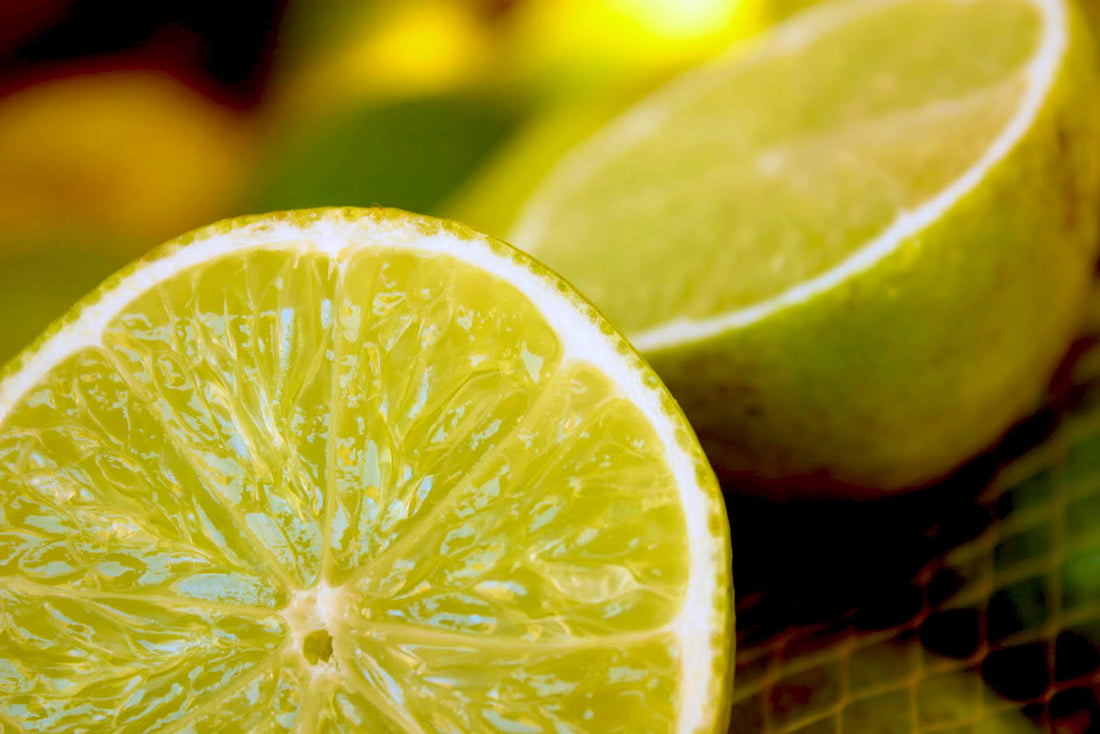In principle, nature knows no waste. For every "waste" of organic origin there is always a use and processing. Oranges, lemons, grapefruits and exotic fruits such as pineapples, avocados, bananas, etc. can also be composted in this way. Because of its high acidity, it should be used sparingly in your own worm composter. And here, too, the basic rule applies: It depends on the right ratio! With a few tricks, citrus fruits can also be composted well:
It is important that the peels of oranges, tangerines, lemons and grapefruits are cut into small pieces. You can also easily bury them in the ground. Then they rot faster. For larger amounts, adding our Mineral Mix is best suited to counteract acidification and accelerate degradation. Finely ground egg shells, rock flour, lime or garden soil (the soil in the Swiss Mittelland is mostly calcareous) also have a basic effect and thus counteract acidification. Mold formation can occur, is not serious and can be remedied with the same measures.
Before citrus fruits even end up in the composter, there are sensible uses, for example for orange peels. We think this blog post is worth reading.
For all uses of citrus peels, it is important that they are organically produced and therefore free from pesticides, because lemon, orange and tangerine peels in particular have a very high level of pollution compared to other fruits. The toxins can later still be present in small amounts in the compost. Toxins are usually broken down during composting, but they could later get to other plants via the compost soil.
![]()

